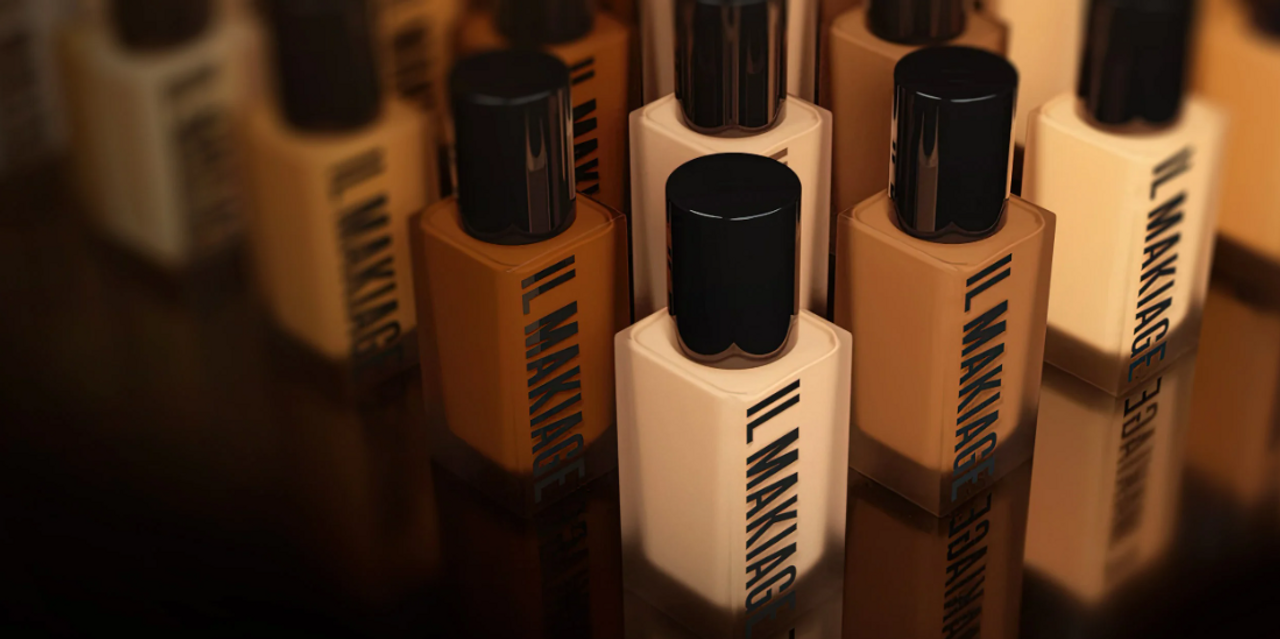An earlier version of this report incorrectly said the company’s Oddity Labs business is based in Israel. It is based in Boston, while the company has an R&D lab in Israel. It has been corrected.
Oddity Tech Ltd., the Israeli digital consumer technology platform for the beauty and wellness market, posted better-than-expected earnings for the third quarter late Tuesday and raised its guidance.
The parent of the Il Makiage brand went public with some fanfare in July, although the stock
ODD,
has since languished and fallen back below its IPO issue price of $35 in what has been a challenging market for deals.
Oddity posted net income of $3.8 million, or 6 cents a share, for the quarter, up from $2.8 million, or 5 cents a share, in the year-earlier period. Adjusted per-share earnings came to 21 cents to beat the 17-cent FactSet consensus.
Revenue rose to $94 million from $69 million a year ago, also ahead of the $88.7 million FactSet consensus.
The stock rose more than 8% after earnings.
Co-Founder and Chief Executive Oran Holtzman said the numbers exceeded the company’s own expectations and allowed it to raise its full-year guidance.
The company is now expecting full-year adjusted EPS of $1.21 to $1.23, up from prior guidance of $1.11 to $1.17. It expects revenue to range from $493 million to $497 million, up from prior guidance of $475 million to $480 million.
For the fourth quarter, it now expects adjusted EPS of 10 cents to 12 cents and revenue of $82 million to $85 million. The FactSet consensus is for EPS of 13 cents and revenue of $80.4 million.
Highlights from the quarter include the hiring of fresh Ph.D.s at the company’s Boston-based Oddity Labs molecule discovery platform, said Holtzman. Oddity Labs was set up in April to bring AI-based molecule discovery to beauty and wellness.
The company also has an R&D business in Israel but it does not has not expect the war between Israel and Hamas to have a material effect on that busines, and the company is not expecting that to change in the fourth quarter, according to Chief Financial Officer Lindsay Drucker Mann.
Only a small number of employees have been called up and others are working remotely.
The company is pushing ahead with plans to launch 10 products based on molecules from the lab in 2024.
Oddity uses technology, including artificial intelligence and machine learning, in an effort to fully reinvent the personal beauty market. The company has recruited staff from elite Israeli technology centers, including the Israeli Defense Forces’ Unit 81, its Special Operations Division’s technology unit, as it outlined in its IPO filing documents.
Oddity uses AI to help consumers identify the correct products, formulations and shades for their skin type, eliminating the need for them to go to a physical store and test samples. Its patented software allows smartphone cameras to provide hyperspectral information—which can otherwise only be obtained using expensive equipment costing $20,000 or more.
Oddity Labs was created after the company acquired biotech Revela, which is an innovator in beauty and wellness. “The build-out has gone faster than expected and the scope is bigger and more exciting that we had hoped,” said Drucker Mann.
Oddity will release its next two brands in 2025 and one will focus on medical-grade skin and body products, a category that the beauty and wellness industry has neglected. Ingredient innovation has been nonexistent so consumers are still using the same products as their parents’ generation.
The company is aiming to grow Il Makiage into a $1 billion company within five years, she said. The company’s second brand, Spoiled Child, a line of wellness products, will achieve sales of $100 million this year and is profitable.
“We have a strong growth runway, even with just what we have going on now,” said the executive.
For more, read: Il Makiage parent Oddity Tech is going public: 5 things to know about the Israeli digital beauty company
Read the full article here







